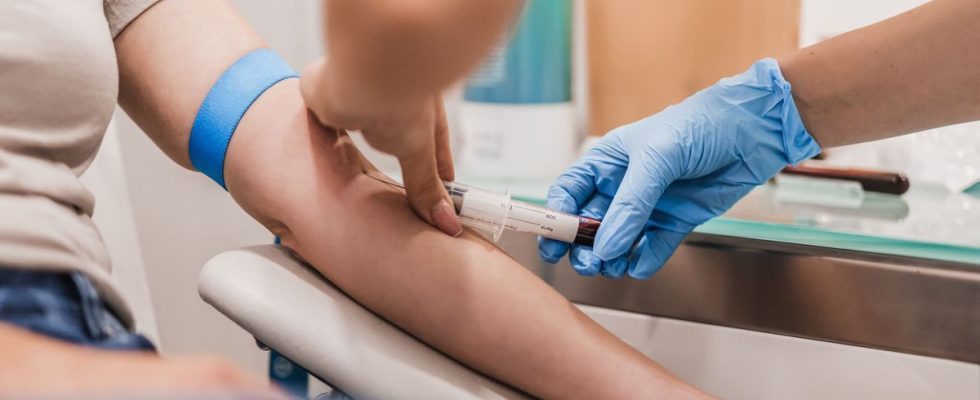Published on
Updated
Reading 2 min.
We’re not there yet, but a team of Swedish researchers has managed to develop a method to determine and interpret the changes in sugar molecules that occur in cancer cells. A discovery which could ultimately make it possible to detect cancer using a simple sample of saliva or blood.
Diagnose cancer as early as possible in order to improve treatment, and therefore the chances of recovery. This is the whole subject of research by many scientists around the world, for all types of cancers. A team of researchers from the University of Gothenburg, Sweden, claims to be on the right track thanks to a discovery which could, within several years, lead to the development of an effective and reliable analysis method for detecting cancer using a blood or saliva sample.
The researchers were interested in glycans, which are, according to the scientists themselves, “a type of sugar molecule structures bound to proteins in our cells“. They specify that changes in the structure of glycans can induce inflammation or disease. The scientists sought to develop a method to distinguish each structural change with the aim of precisely detecting this or that disease.
“We analyzed data from approximately 220 patients with 11 different cancers and identified differences in glycan substructure depending on cancer type. By letting our new, AI-enhanced method work on large amounts of data, we were able to find these connections“, underlines Daniel Bojar, associate lecturer in bioinformatics at the University of Gothenburg, in a press release.
Published in the journal Cell Reports Methods, this work tells us that the team of researchers has just invested in an “ultramodern” mass spectrometer, an instrument used for chemical or biological analysis. Which will serve as an artificial intelligence platform to improve accuracy and reliability in searching for biomarkers in glycan substructures, all intended to detect what is wrong – and which could potentially help diagnose cancer.
“We can trust our results, they are statistically significant. If we know what we are looking for, it is easier to find the right result. We will now use these biomarkers and develop testing methods“, rejoices Daniel Bojar. And concludes: “We want to develop a reliable and rapid analysis method to detect cancer, as well as the type of cancer, from a blood or saliva sample. I think we will be able to perform clinical tests on human samples within 4 to 5 years“.
